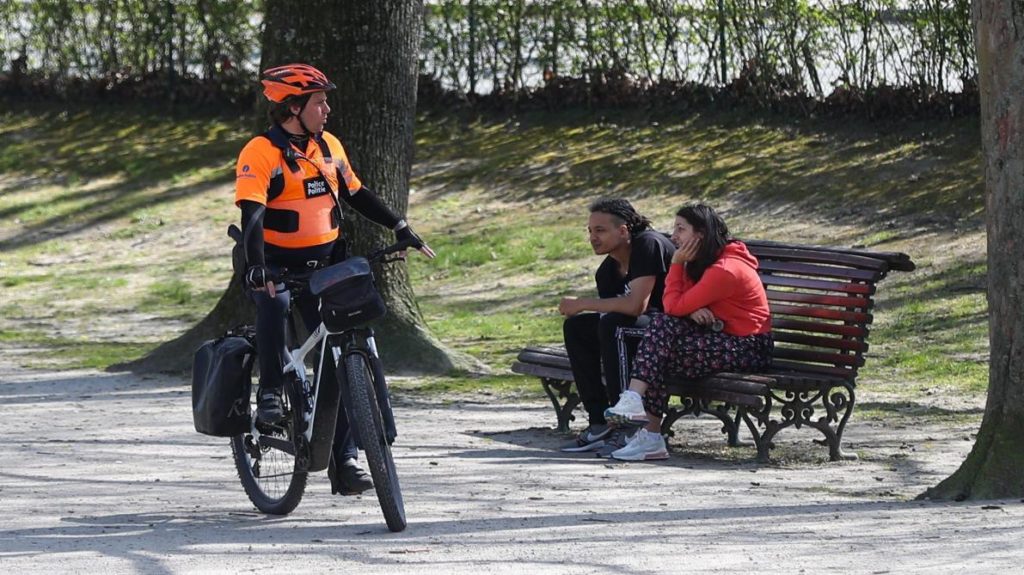A day before the country goes into a sort of semi-lockdown in an attempt to stop the increase in cases of Covid-19, representatives of the medical profession have been reacting to the measures about to come into force.
The medical experts are generally satisfied, since the tough stance they have been advocating for some time has finally found a more sympathetic ear with prime minister Alexander De Croo and health minister Frank Vandenbroucke than with their predecessors Sophie Wilmès and Maggie De Block.
“These are tough measures, but we also learned from the first lockdown,” said Professor Marc Van Ranst. “This time, the parks are staying open.”
There has been criticism first time round, he said, because the lockdown imposed in March was considered too draconian. Then, non-essential trips were strictly forbidden, giving rise to questions about exercise. This time, the rule is more flexible, but the principle has not changed.
“The message remains the same,” he said. “Stay at home.”
Professor Niels Hens is a biostatistician and as such has been consulted by all instances since the outbreak of the coronavirus. Speaking on the VRT’s current affairs programme Terzake, he held out the hope that the new lockdown could actually be more effective than the first.
For one thing, people who were infected in the early days may still have immunity.
“It's not a matter of large numbers,” he said. “But is could still mean we can reduce the reproduction rate more quickly than at the time of the previous peak.”
There could in fact be a signal of that "early next week,” he said.
Professor Sabeth De Waele, head of intensive medicine at the UZ Brussel, said she had hoped for tougher measures. In particular, she was concerned about the ‘close contact’ each person in a household is allowed to have while other contacts are limited to one while socially distanced.
"Suppose you live in a house of five people: then each family member can receive one friend every day,” she told Het Laatste Nieuws.
“Not at the same time as another visitor, but do you think the virus takes that into account? Do you think it is not possible for that one close friend to pass the virus on to one family member, who then infects the rest of the house and their visitors? Even if you keep to the rules, you continue to create and maintain outbreaks of infection,” she said.
Alan Hope
The Brussels Times

